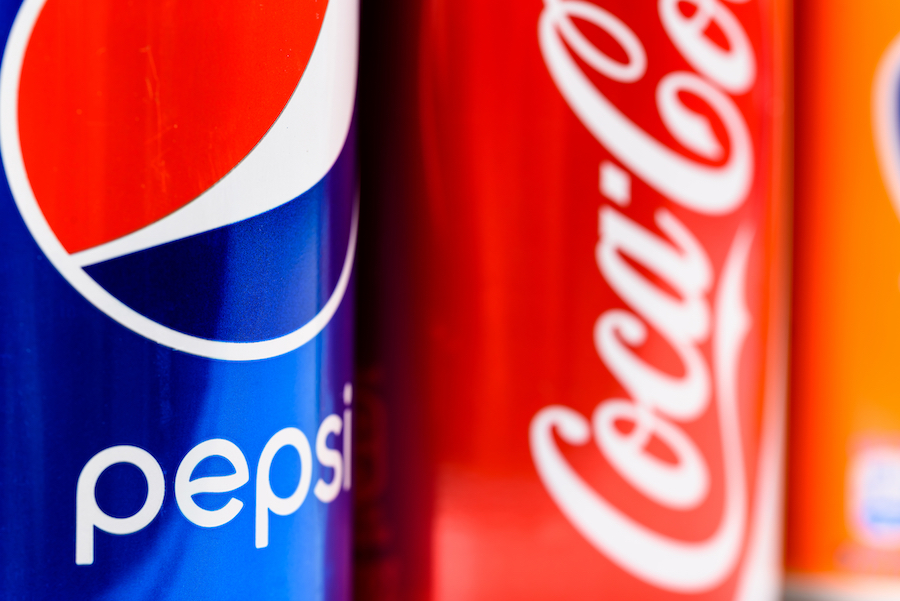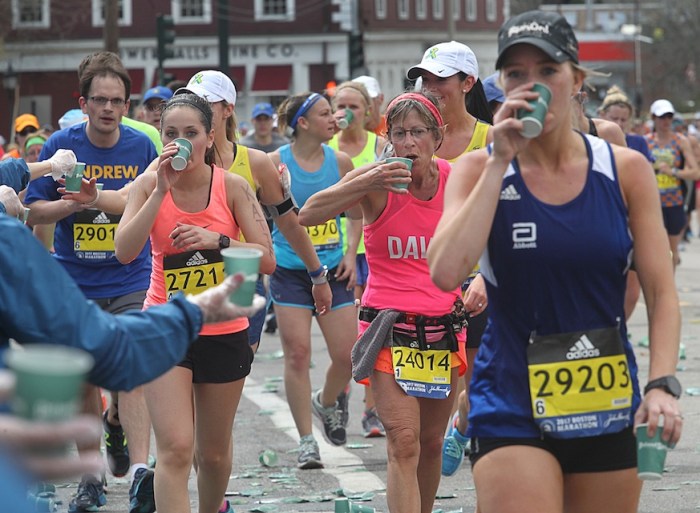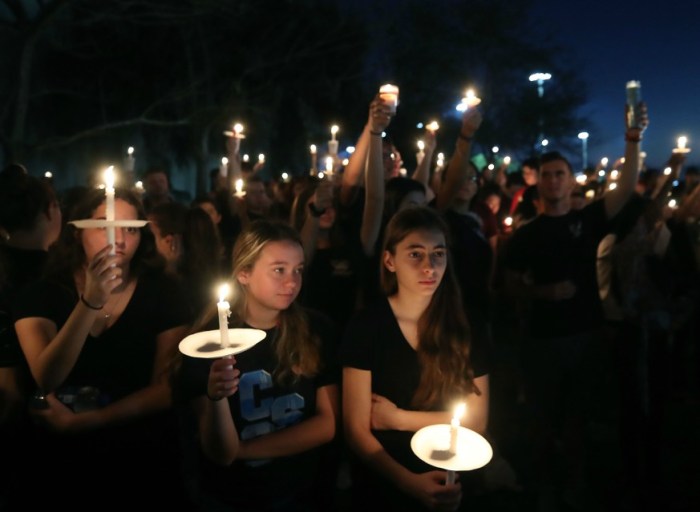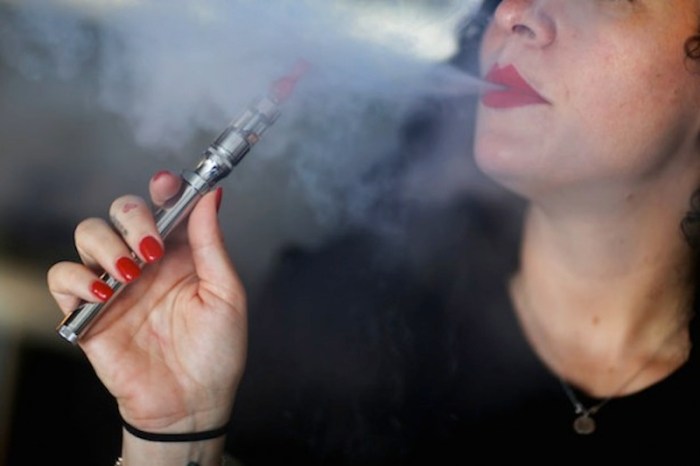The country’s largest soda companies,Pepsi and Coca Cola, have given millions of dollars in sponsorships to nearly 100 national health organizations, creating a conflict of interest in the groups’ efforts to combat obesity, according to a recent Boston University study. The findings, published this week in the American Journal of Preventative Medicine, reveal extensive relationships with the beverage companies. At least 96 different organizations, including the American Heart Association, American DiabetesAssociation and the Academy of Nutritionand Dietetics, were found to have accepted money from the soda companies. The Academy of Nutritionand Dietetics ended its relationship with Coke last year, While dolling out cash to the organizations, Pepsi and Coke lobbied against at least 28 public health bills intended to reduce soda consumption or improve nutrition, according to the study.
“Obesity is the number one reason for type 2 diabetes,” said Michael Siegel, a BU professor of community health sciences and a co-author of the study. “Obesity is a major risk factor for heart disease… These are our nation’s leading dieticians, so this is really surprising—not that Coke and Pepsi are spending money on sponsorships, that makes sense, but the fact that the health groups are willing to play the game.” The fact that so manyorganizations with a mission to specifically reduce obesity were taking money from Coke and Pepsi shocked the study authors, Siegel said. The other major surprise was the extent of the sponsorships. Out of a list of 96 health organizations that accepted money, 12 took money from both companies, one accepted money from just PepsiCo and 83 from just Coca-Cola. The study looked at sponsorships between 2011 and 2015 and Siegel said that many of the groups never disclosed their relationships with the soda companies on their websites. “There have been some anecdotal reports of health organizations taking money from Coca-Cola or Pepsi, but no systematic attempt to identify all the sponsorships,” Siegel said.
The study isn’t putting blame on the soda companies, he said. The fact that heath groups took the money meant that they were participating in the promotion of soda.
“What is inappropriate, we believe, is for these health organizations to take the money,” he said. “They are in the business of public health and should not be helping Coke and Pepsi market their products.” Siegelcompared this to how tobacco and alcohol companies attempt to improve their public image.
The U.S. has one of the highest rates of obesity in the world, and soda consumption is identified as a factor. On average, Americans consumed 46 gallons of soda in 2009, one of the highest rates of per capita soda consumption of any country, according to BU. Siegel said that the American Academy of Pediatrics renounced their sponsorship with Coca-Cola last year and hopes to see more health organizations follow suit after this study.
BU study reveals Coke and Pepsi gave millions to public health organizations

iStock


















